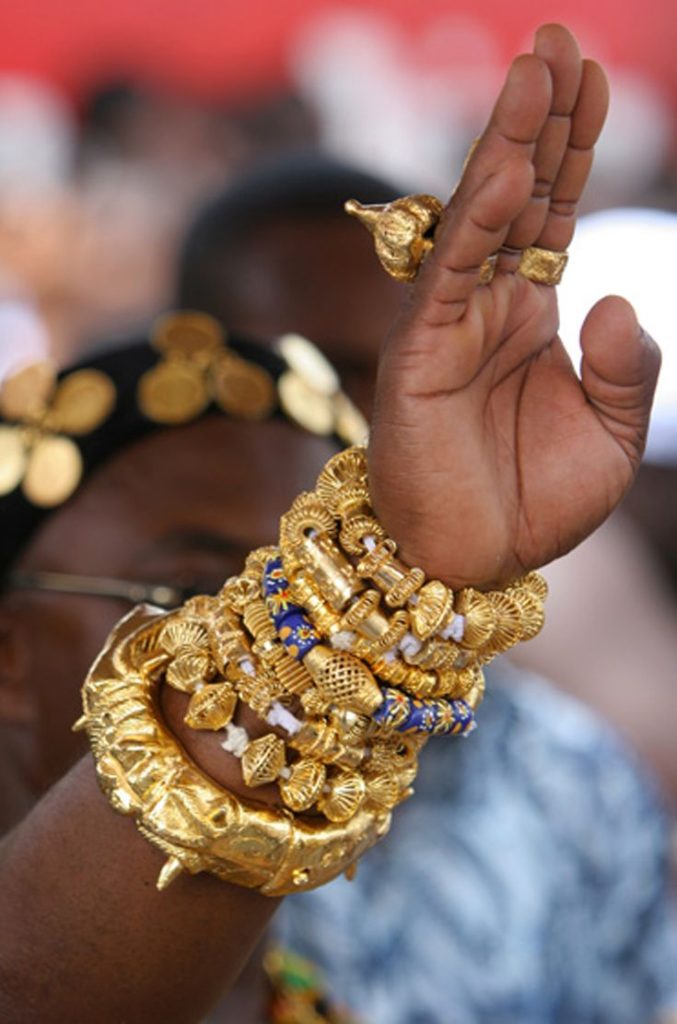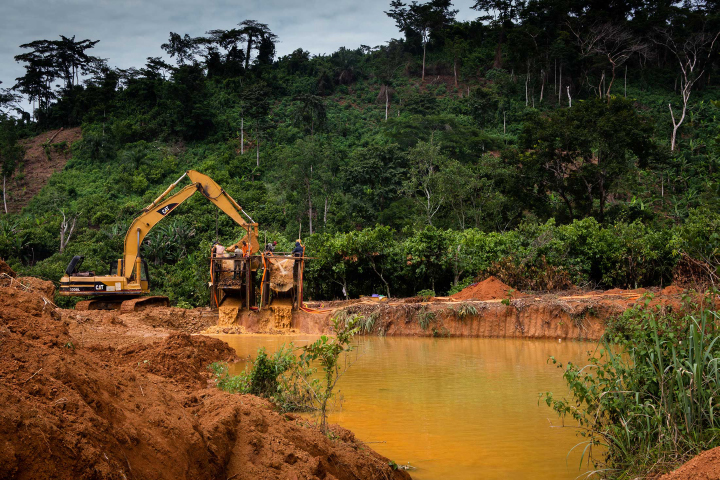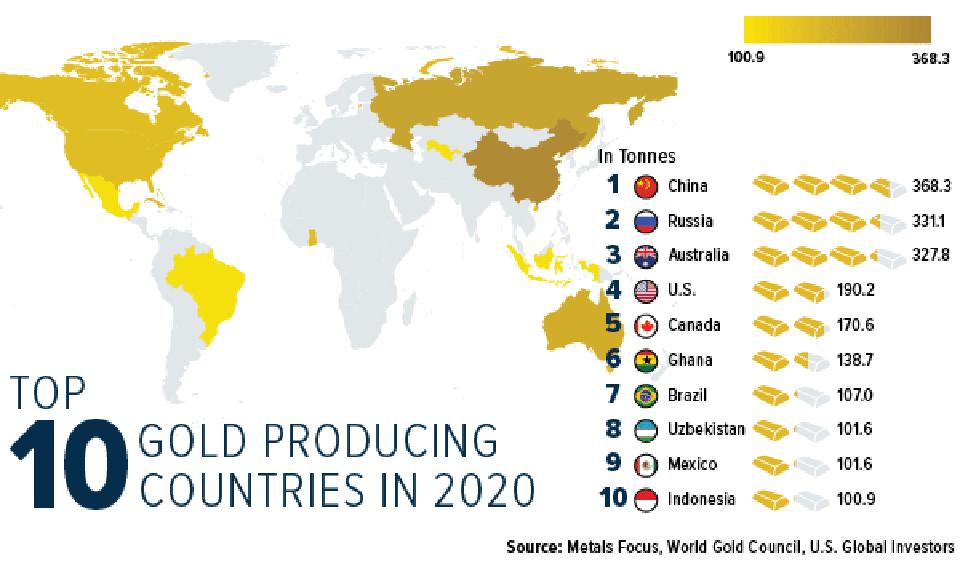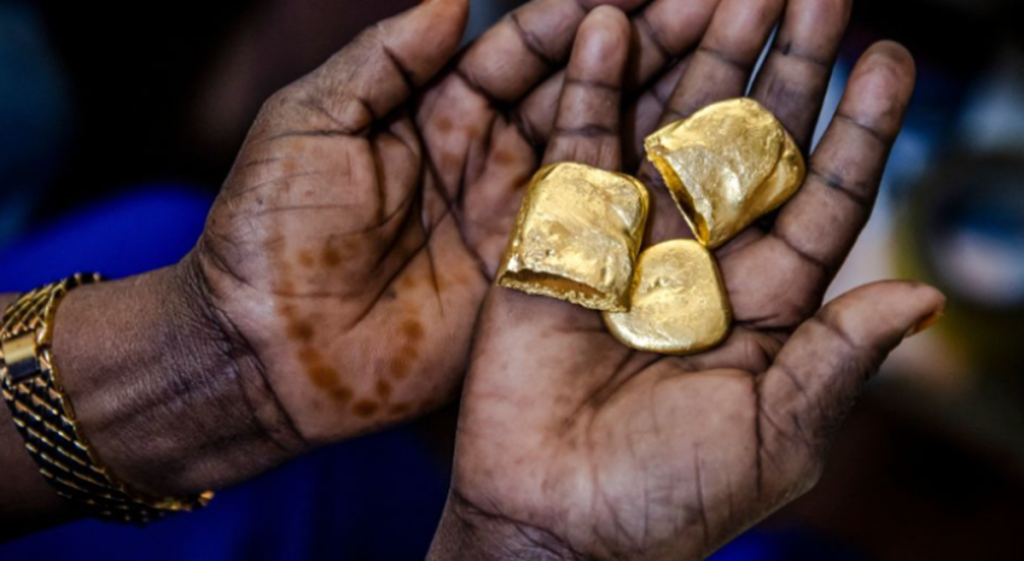For centuries, gold has been a symbol of wealth, stability, and economic resilience. As global markets fluctuate and economies face uncertainty, investors continue to view gold as a safe haven. But for those looking to invest in gold with significant growth potential, Ghana—one of the world’s top gold producers—stands out as a compelling option.
Known as the “Gold Coast” during colonial times, Ghana has a long history of gold mining. Today, the West African nation is the largest producer of gold in Africa and the seventh-largest globally. But what makes Ghana such an attractive destination for gold investment, and how can investors tap into this resource-rich market? This article explores the key reasons why gold from Ghana is gaining momentum among investors.

A Leading Global Producer with Rich Reserves
Ghana’s gold production reached over 129 metric tons in 2022, cementing its place as Africa’s largest gold producer. This achievement is not just a result of large-scale mining operations by multinational companies, but also from the thousands of small-scale and artisanal miners who contribute significantly to the country’s output.
The country’s Ashanti Region, where gold has been mined for centuries, is home to some of the world’s richest deposits. The Obuasi and Tarkwa gold mines, both operated by global mining giants like AngloGold Ashanti and Gold Fields, produce millions of ounces annually. The geological potential is vast, with new discoveries still being made, offering investors long-term opportunities in both established and emerging projects.
For investors, this stable and consistent production of gold makes Ghana an attractive market. The country’s reserves ensure that its mining industry has a strong foundation for growth, even in times of global market volatility.
Stable Political Climate and Favorable Regulations
A critical factor when investing in any commodity market, particularly one as resource-dependent as gold, is the political and regulatory environment. Ghana has a strong track record of political stability, with peaceful democratic transitions since the early 1990s. Compared to some of its African neighbors, Ghana has been seen as a beacon of stability, which boosts investor confidence.

The government has also put in place favorable regulatory frameworks for foreign direct investment in the mining sector. Ghana operates an open-market policy that allows for 100% foreign ownership of mining projects, a rarity in many countries. This policy ensures that foreign investors can enter the market without facing complex ownership restrictions.
Moreover, the Minerals and Mining Act passed in 2006 has provided a clear, investor-friendly legal framework for the sector. Tax incentives, exemptions from import duties, and flexible capital requirements make Ghana particularly attractive for foreign investors looking to capitalize on its gold resources.
Rising Demand for Gold Amid Global Uncertainty

Gold’s allure has only grown stronger as economic and geopolitical uncertainties continue to dominate global markets. Investors worldwide are turning to gold as a hedge against inflation, currency fluctuations, and stock market volatility.
Gold from Ghana, in particular, is highly sought after, not only due to the volume of production but also because of the country’s reputation for delivering high-quality gold. Ghana’s proximity to key European and Asian markets also makes it a convenient export destination, allowing buyers to secure gold relatively easily.
As demand for physical gold—bars, coins, and jewelry—continues to rise, Ghana’s market is well-positioned to meet this demand. Furthermore, the advent of digital gold trading platforms and gold-backed financial products means investors can now easily access Ghanaian gold without physically being in the country. These technological advancements are revolutionizing how global investors engage with Ghana’s gold sector.
Ethical and Sustainable Mining Practices
In recent years, there has been an increased focus on responsible and ethical investing. Investors are looking for opportunities that not only offer financial returns but also align with global environmental and social standards. Ghana’s mining sector has made significant strides in promoting sustainable mining practices, especially as major mining companies operating in the country are under pressure to meet international environmental standards.
Many large-scale mining operations in Ghana adhere to the principles of the Extractive Industries Transparency Initiative (EITI), ensuring that the industry remains transparent and that revenue generated benefits the local communities. Moreover, the rise of green mining technologies and the implementation of environmental restoration programs have further improved the ethical outlook of gold mining in Ghana.
Investors who are concerned with environmental, social, and governance (ESG) factors can find opportunities in Ghana’s gold sector that align with sustainable investment criteria. As global consumers and governments push for more ethical sourcing of precious metals, Ghana’s focus on sustainable mining practices adds to the attractiveness of investing in its gold market.

Opportunities in Small-Scale and Artisanal Mining
Beyond large multinational companies, Ghana’s gold industry is also supported by a thriving small-scale and artisanal mining sector. According to government estimates, around 30% of Ghana’s gold production comes from these smaller operations. For investors looking to diversify, there are numerous opportunities to engage with smaller mining ventures, which often offer higher returns, albeit with more risk.


Hi, this is a comment.
To get started with moderating, editing, and deleting comments, please visit the Comments screen in the dashboard.
Commenter avatars come from Gravatar.